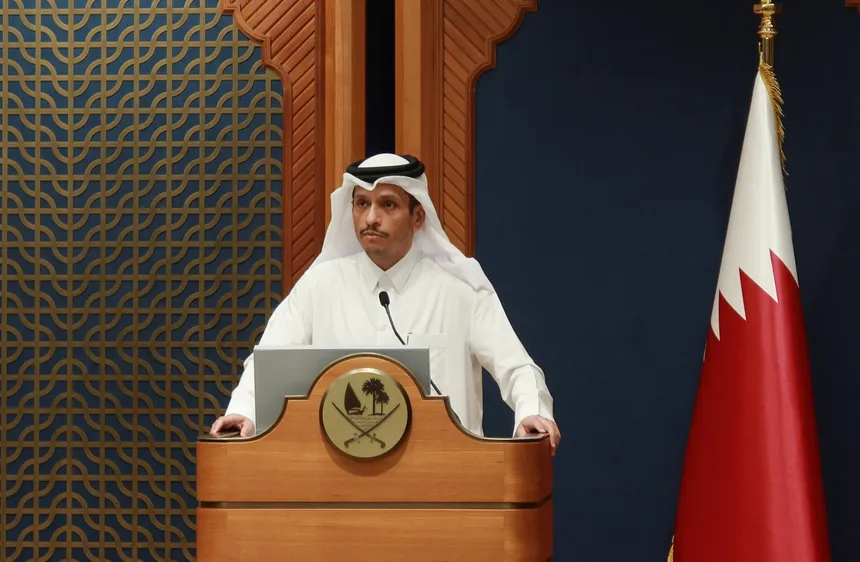The international community has come together in a joint call for the “territorial integrity” of Ukraine to be the basis for any peace agreement to end Russia’s war. At a two-day conference in Switzerland, 78 countries signed a final document that focused on issues of nuclear safety, food security, and the exchange of prisoners. The document emphasized the importance of respecting Ukraine’s sovereignty and territorial integrity, stating that these principles “can and will serve as a basis for achieving a comprehensive, just and lasting peace in Ukraine”.
The conference was notable for the absence of Russia, which was not invited, and China, which did not attend. However, key developing nations such as India, Saudi Arabia, and the United Arab Emirates did not sign the final document, instead choosing to remain neutral.
Despite the lack of concrete progress towards ending the war, the conference served to reiterate the international community’s commitment to Ukraine’s territorial integrity and to re- focus attention on the conflict. Italian Prime Minister Giorgia Meloni described the three themes of nuclear safety, food security, and prisoner exchanges as “minimum conditions” for negotiations with Russia, highlighting the many areas of disagreement between Kyiv and Moscow that will be harder to overcome.

Qatar’s Prime Minister Sheikh Mohammed bin Abdulrahman Al Thani (Via Sheikh Mohammed bin Abdulrahman Al Thani/Twitter)
Qatar’s Prime Minister Sheikh Mohammed bin Abdulrahman Al Thani proudly noted that his country had successfully hosted talks between Ukrainian and Russian delegations to reunite Ukrainian children with their families, resulting in the reunification of 34 children. White House National Security Adviser Jake Sullivan emphasized the need for international unity and pressure to reverse Russia’s actions, stating that it “will take work” to build on efforts by countries like Qatar.
The conference was also marked by emotional appeals from leaders, with Montenegro’s Prime Minister Milojko Spajic expressing his deep concern as a father of three about the thousands of Ukrainian children forcibly transferred to Russia or Russian-occupied territories. The gathering concluded with a collective call to action, with leaders urging governments and civil society to do more to secure the safe return of Ukrainian children to their homeland.
As analysts noted, the absence of Russia and key ally China means that the conference will likely have little concrete impact towards ending the war in the short term. However, the joint communique serves as a powerful statement of support for Ukraine’s territorial integrity and a reassurance that the international community remains committed to finding a peaceful solution.
